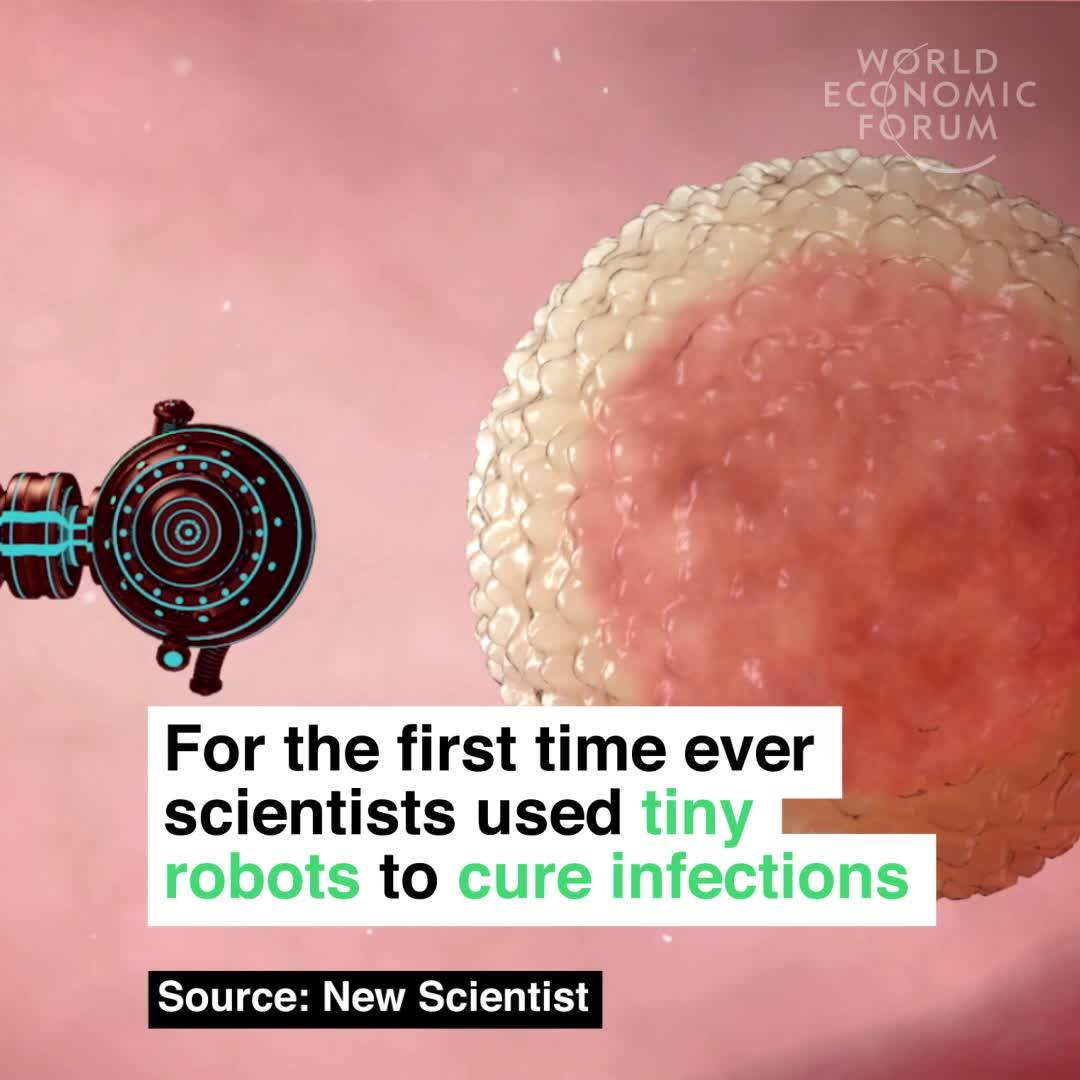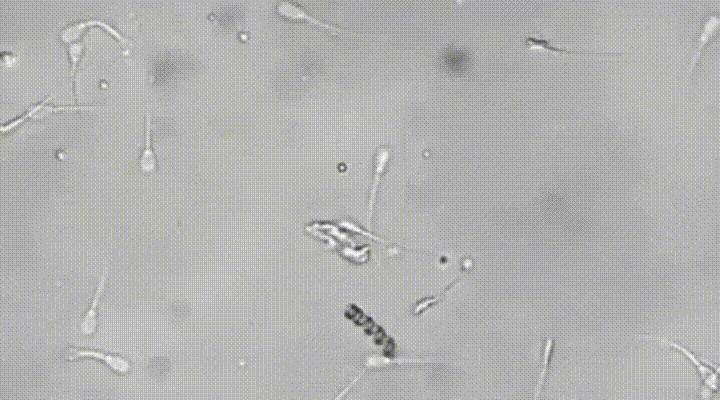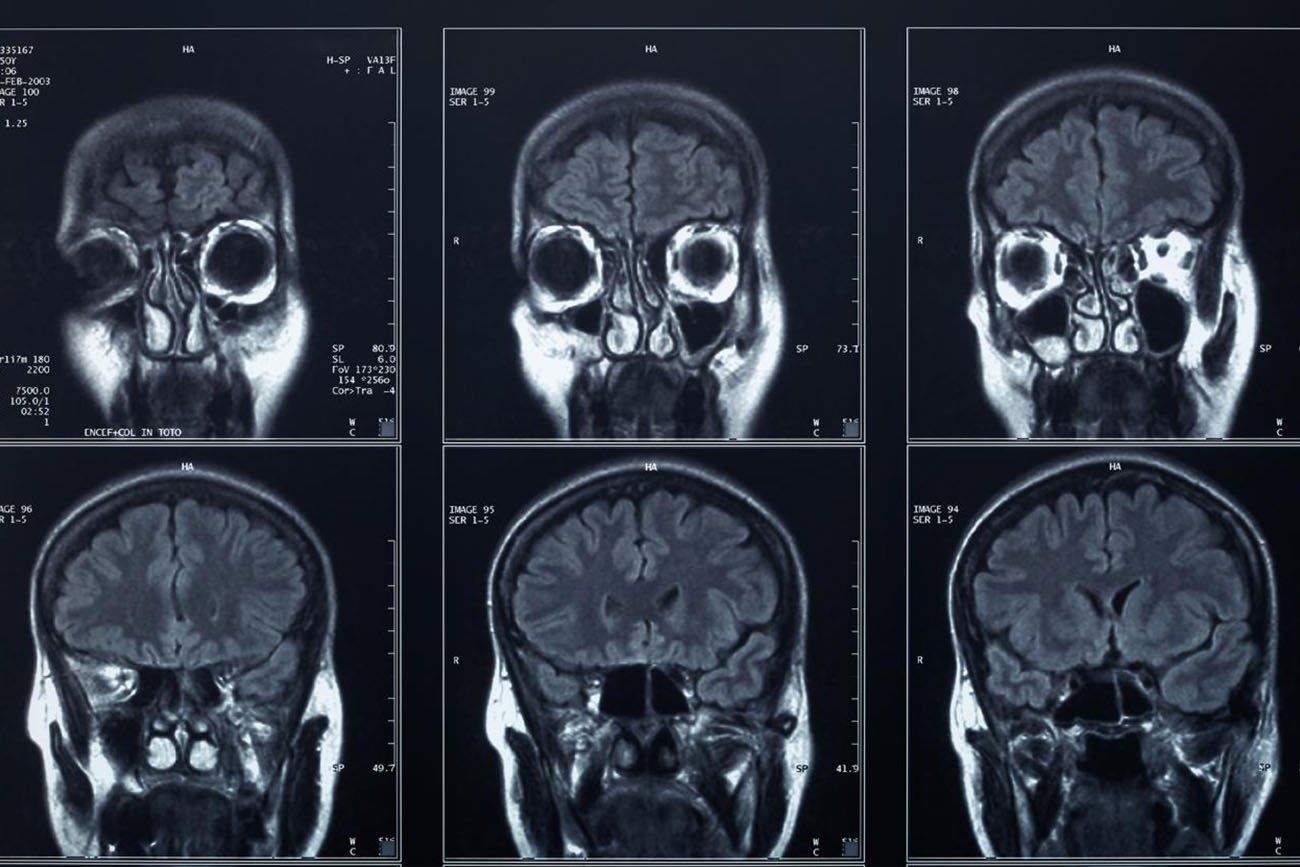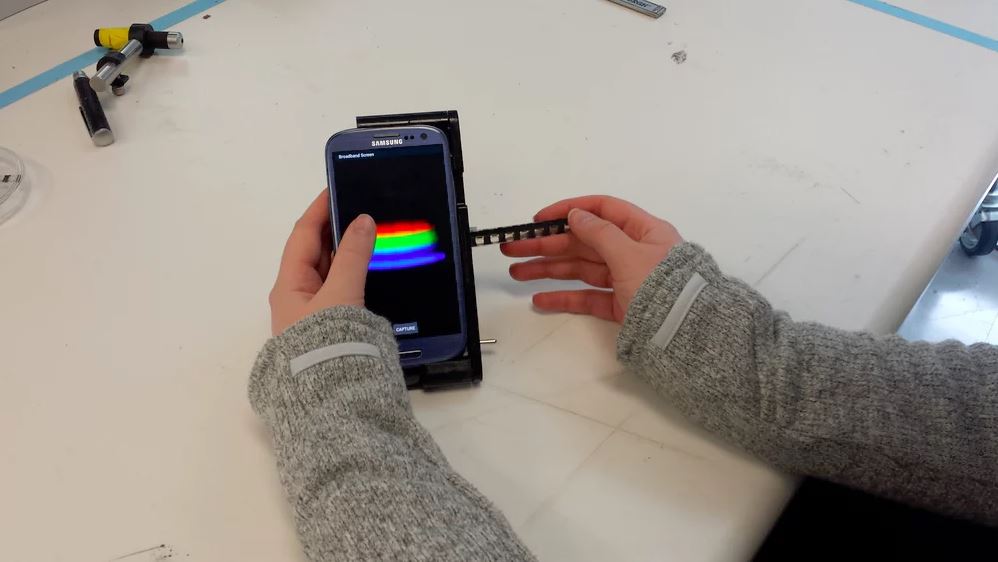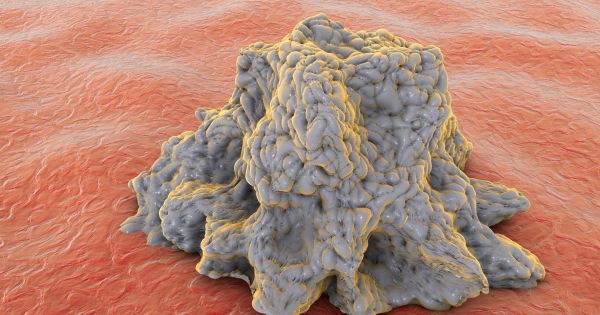Archive for the ‘nanotechnology’ category: Page 255
Aug 19, 2017
Scientists remotely hacked a brain, controlling body movements
Posted by Sean Brazell in categories: biotech/medical, nanotechnology, neuroscience
Imagine someone remotely controlling your brain, forcing your body’s central processing organ to send messages to your muscles that you didn’t authorize. It’s an incredibly scary thought, but scientists have managed to accomplish this science fiction nightmare for real, albeit on a much small scale, and they were even able to prompt their test subject to run, freeze in place, or even completely lose control over their limbs. Thankfully, the research will be used for good rather than evil… for now.
Don’t Miss : Comcast’s surprisingly good wireless plans now available nationwide
The effort, led by physics professor Arnd Pralle, PhD, of the University at Buffalo College of Arts and Sciences, focused on a technique called “magneto-thermal stimulation.” It’s not exactly a simple process — it requires the implantation of specially built DNA strands and nanoparticles which attach to specific neurons — but once the minimally invasive procedure is over, the brain can be remotely controlled via an alternating magnetic field. When those magnetic inputs are applied, the particles heat up, causing the neurons to fire.
Aug 19, 2017
A nanobot picks up a sperm by the tail and inseminates an egg with it, by the Institute for Integrative Nanosciences in Germany
Posted by Shailesh Prasad in category: nanotechnology
Nanobot picks up sperm by the tail and delivers it to egg.
Post with 4799 votes and 46696 views. Tagged with science and tech; Shared by hukopukolukodoso.
Aug 19, 2017
The U.S. Military Wants to Inject People’s Brains With Painkilling Nanobots That Could Replace Medicine
Posted by Shailesh Prasad in categories: biotech/medical, government, military, nanotechnology, neuroscience
Ever wish you could heal yourself like a superhero? The government is making it happen. Sort of.
Aug 15, 2017
Researchers Enable Lab-Grade Medical Tests on Smartphones
Posted by Shailesh Prasad in categories: biotech/medical, mobile phones, nanotechnology
In a major step towards creating a tricorder, University of Illinois at Urbana-Champaign researchers have invented a device that allows smartphones to perform the kinds of lab-grade medical diagnostic tests that previously had to be done on large and expensive instruments.
The device, called a spectral transmission-reflectance-intensity (TRI)-Analyzer, plugs into a smartphone and is able to run tests on a patient’s blood, urine, or saliva as reliably as clinic-based instruments that cost thousands of dollars. The researchers say their TRI Analyzer costs only $550.
“Our TRI Analyzer is like the Swiss Army knife of biosensing,” said Prof. Brian Cunningham, the Donald Biggar Willett Professor of Engineering and director of the Micro + Nanotechnology Lab at Illinois.
Continue reading “Researchers Enable Lab-Grade Medical Tests on Smartphones” »
Aug 15, 2017
Breakthrough device heals organs with a single touch
Posted by Shailesh Prasad in categories: biotech/medical, engineering, life extension, nanotechnology

Researchers at The Ohio State University Wexner Medical Center and Ohio State’s College of Engineering have developed a new technology, Tissue Nanotransfection (TNT), that can generate any cell type of interest for treatment within the patient’s own body. This technology may be used to repair injured tissue or restore function of aging tissue, including organs, blood vessels and nerve cells.
Results of the regenerative medicine study published in the journal Nature Nanotechnology.
Continue reading “Breakthrough device heals organs with a single touch” »
Aug 10, 2017
Futurist Gray Scott: We Can’t Ignore Our Psychological Future
Posted by Johnny Boston in categories: computing, disruptive technology, education, ethics, futurism, innovation, internet, media & arts, mobile phones, nanotechnology, philosophy, robotics/AI, software, transhumanism, virtual reality

Why are we often so wrong about how the future and future technology will reshape society and our personal lives? In this new video from the Galactic Public Archives, Futurist Gray Scott tells us why he thinks it is important to look at all aspects of the future.
Follow us on social media:
Twitter / Facebook / Instagram
Continue reading “Futurist Gray Scott: We Can’t Ignore Our Psychological Future” »
Aug 9, 2017
Researchers Accidentally Discover That Iron Nanoparticles Can Help Destroy Cancer Cells
Posted by Shailesh Prasad in categories: biotech/medical, nanotechnology
Stanford researchers accidentally discovered that iron nanoparticles invented for anemia treatment have another use: triggering the immune system’s ability to destroy tumor cells. Iron nanoparticles can activate the immune system to attack cancer cells, according to a study led by researchers at the Stanford University School of Medicine.
The nanoparticles, which are commercially available as the injectable iron supplement ferumoxytol, are approved by the Food and Drug Administration to treat iron deficiency anemia.
The mouse study found that ferumoxytol prompts immune cells called tumor-associated macrophages to destroy cancer cells, suggesting that the nanoparticles could complement existing cancer treatments. The discovery, described in a paper published online Sept. 26 in Nature Nanotechnology, was made by accident while testing whether the nanoparticles could serve as Trojan horses by sneaking chemotherapy into tumors in mice.
Aug 3, 2017
3 Exponential Techs to Watch | Future of Everything with Jason Silva | Singularity University
Posted by Odette Bohr Dienel in categories: futurism, genetics, nanotechnology, robotics/AI, Singularity University

“Pay attention to the the trends in exponential technologies, particularly to “the big three.” GNR: Genetics, nanotechnology, and robotics.”
Aug 2, 2017
A living programmable biocomputing device based on RNA
Posted by Sean Brazell in categories: biotech/medical, computing, engineering, nanotechnology, sustainability
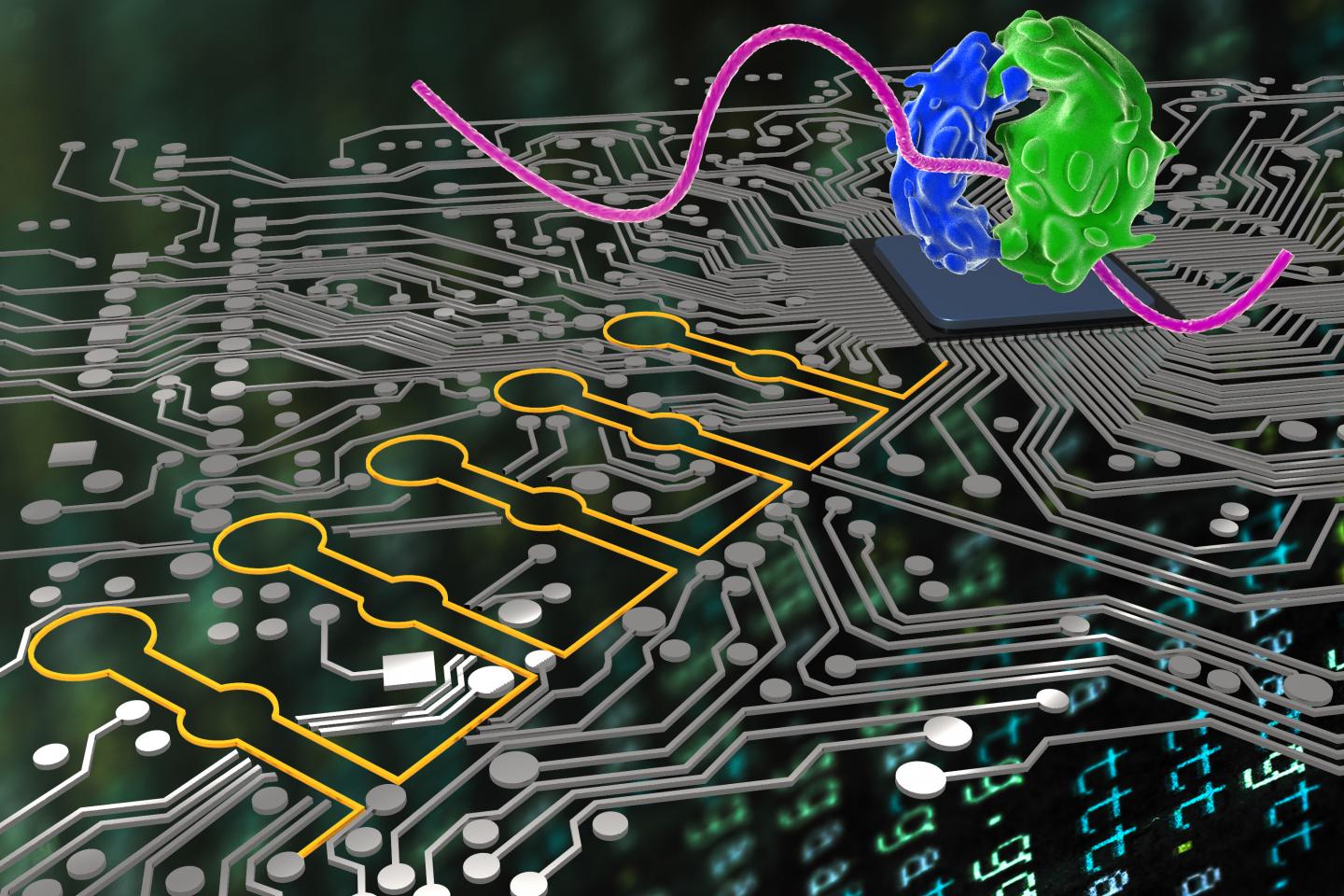

Synthetic biologists at Harvard’s Wyss Institute for Biologically Inspired Engineering and associates have developed a living programmable “ribocomputing” device based on networks of precisely designed, self-assembling synthetic RNAs (ribonucleic acid). The RNAs can sense multiple biosignals and make logical decisions to control protein production with high precision.
Continue reading “A living programmable biocomputing device based on RNA” »
